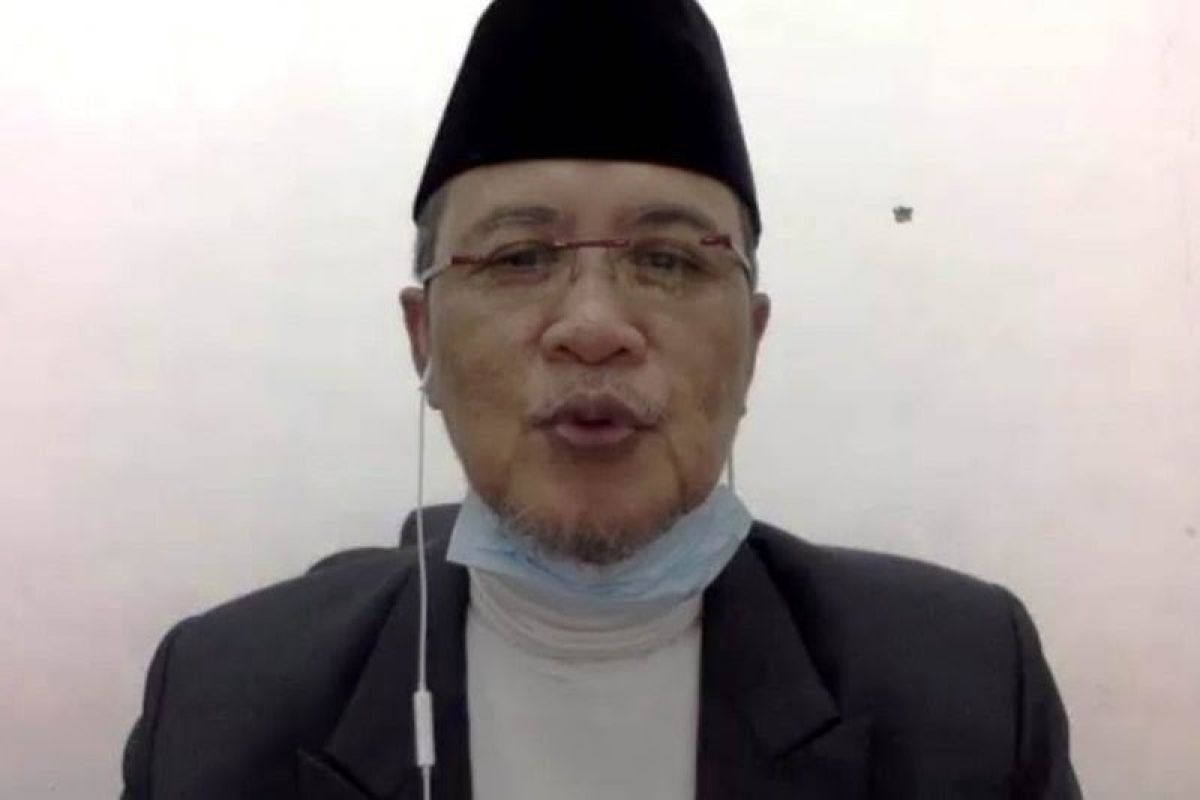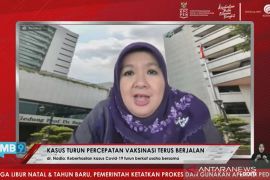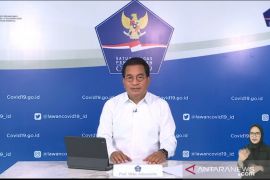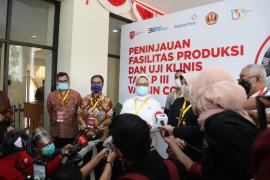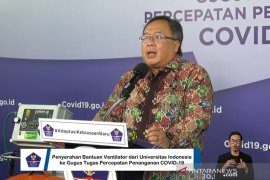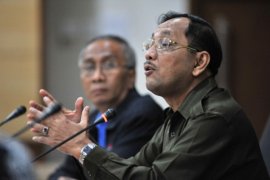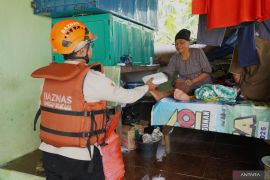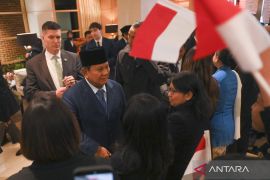"If we only rely on conventional vaccines, no new formulation has, so far, been able to tackle the delta variant. As for the Nusantara vaccine, we have found a new vaccine formulation to fight the delta variant," Nidom noted when confirmed by ANTARA via telephone here on Wednesday.
Based on research conducted by Nidom and his team, the Nusantara vaccine is claimed to have the ability to weaken the malignancy of the Delta virus mutation. "Thus, (the vaccine) accelerates the process of controlling the virus," he remarked.
Nidom is confident that the Nusantara vaccine, which is currently entering the phase 3 of clinical trials, is capable of controlling the risk of mutations in the new variant of the SARS-CoV-2 virus that causes COVID-19.
Nidom has forecast that the virus will continue to mutate and become more virulent if it is not controlled immediately.
"Hence, if we are really serious about controlling this pandemic, this Nusantara vaccine should be used together or separate from the use of conventional vaccines to control virus mutations," he stated.
Related news: House backs Nusantara vaccine's phase three clinical trial: legislator
Based on observations in the phase 1 and 2 of clinical trials, Nidom stated that clinical trials using the vaccine did not pose a problem. The volunteers even claimed to not sense any discomfort after receiving the vaccine injection.
"The difference is in the use of the Nusantara vaccine that does not trigger inflammation (or post-immunization co-occurrence), as the vaccine uses dendritic cells, while the conventional vaccines can trigger inflammation," he stated.
Nidom noted that the inactivated virus and mRNA-based vaccines, which are currently more commonly used by several COVID-19 vaccine manufacturers, have a different mechanism of action as compared to the dendritic cells used in the Nusantara vaccine.
"The inflammation can spread, while dendritic cells do not cause inflammation. They can also reduce inflammation in people with comorbidities," he stated.
Nidom noted that the testimonies of several volunteers, such as former health minister Siti Fadilah and former minister of State-Owned Enterprises (SOEs) Dahlan Iskan, indicated that the Nusantara vaccine was also relatively safe for people with comorbidities.
"The risk of illness that can be experienced by people with comorbidities is actually reduced," he stated.
Related news: Indonesia, Turkey keen to cooperate in COVID-19 vaccine development
Translator: Andi Firdaus, Katriana
Editor: Rahmad Nasution
Copyright © ANTARA 2021
